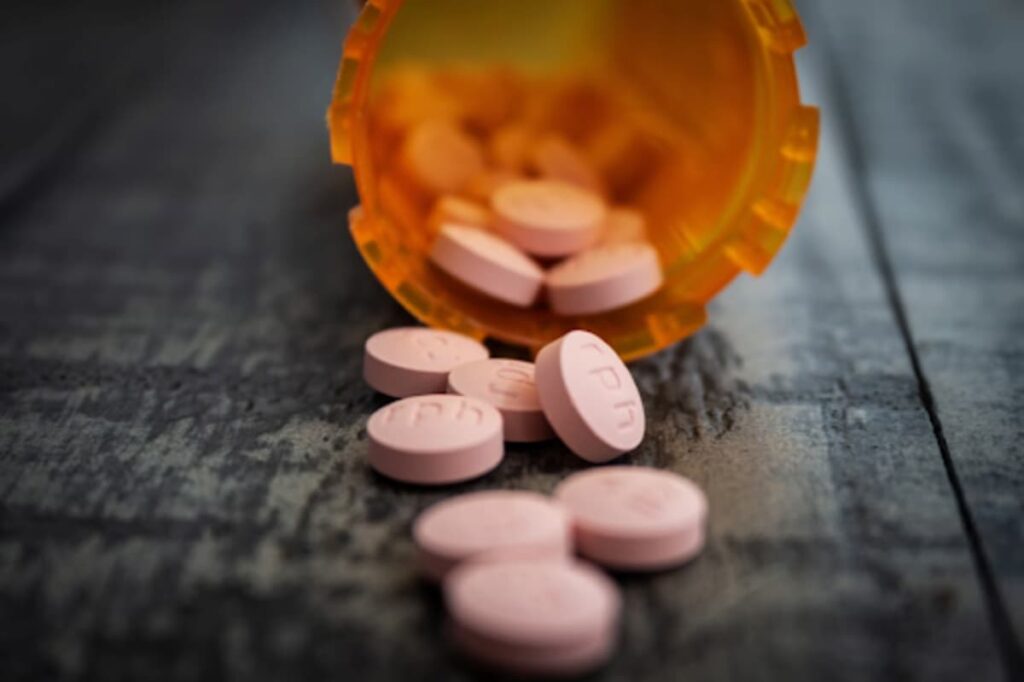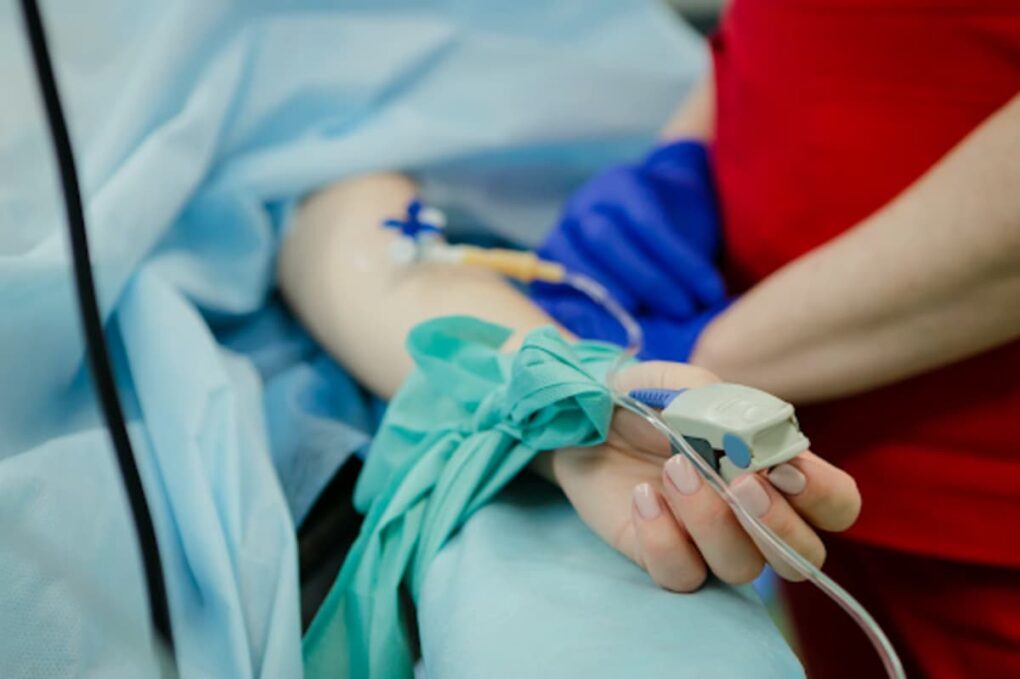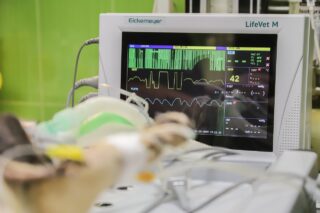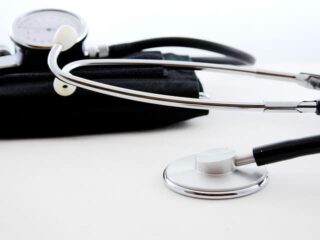
Did you know that 86% of people don’t ever check themselves for cancer symptoms? These findings come from people worldwide and likely apply to your friends and family too! So if you have no one to monitor your health, you may want to look at this list. It contains the top common cancer symptoms that people ignore despite the fact they could be signs of something serious.
Unexplained Fevers
Fever is one of the most common signs of a severe illness, but many people don’t consider it an issue until they feel hot and sweaty. Fever is often an early symptom of cancer or another severe disease. https://betting-sider.net/ is a great example of a site that offers you with details about all the betting information you need.
A sudden fever that doesn’t go away after three days or so could be a sign of infection or inflammation in your body — and cancer can cause both of these conditions. See your doctor immediately if you notice this unexplained fever for more than two weeks.
Loss of Appetite or Unintended Weight Loss
Unintentional weight loss is the most common symptom of colon cancer, according to the American Cancer Society (ACS). See your doctor if you’ve noticed a sudden drop in your appetite and unexplained weight loss. This could be a sign of cancer or another severe illness.
In some cases, unintentional weight loss is caused by cancer or another severe illness such as heart disease or diabetes. Other times, it’s caused by chronic stress or anorexia nervosa.
Extreme Fatigue that’s not Relieved by Rest
A lack of energy and extreme fatigue are common symptoms of many illnesses, including depression and anxiety disorders. These symptoms persist for weeks or months at a time; however, they may indicate an underlying health issue — especially if other symptoms like weight loss and night sweats accompany them (which they often do).
See your doctor immediately if you’re feeling tired more than usual and can’t seem to kick the fatigue no matter how much sleep you get or how much rest you take during the day. He’ll probably want to rule out other medical conditions before diagnosing cancer. But if he suspects cancer as the cause of your exhaustion, he’ll start treatment immediately so that it doesn’t spread to other parts of your body before it’s caught.

Persistent Cough or Hoarseness
Persistent cough or hoarseness can be a warning sign of lung cancer. A persistent cough may be caused by smoking, chronic bronchitis, or acid reflux. But it’s important to see your doctor if you’ve never smoked, have no other symptoms, and haven’t had a recent cold.
A persistent cough or hoarseness that occurs with weight loss, night sweats, or fatigue may indicate a blood clot in the lung (pulmonary embolism). This is a severe condition that needs immediate medical attention.
Lumps in the Breast or Elsewhere
Lumps or swelling in these areas could mean you have ovarian cancer or testicular cancer. Ovarian cysts can also cause this symptom, as well as swollen lymph nodes in your neck and armpits, which may indicate Hodgkin’s lymphoma or non-Hodgkin’s lymphoma.
A lump or swelling in the breast is always a cause for concern. The most common reasons are fibrocystic changes, fibroadenoma, and papillomas. However, a lump may be due to cancer.
Fibrocystic changes are not cancerous but can cause tenderness, pain, and swelling. Fibroadenomas are benign lumps that typically occur during adolescence and young adulthood. Papillomas are slow-growing non-malignant tumors found on the nipples of both men and women.
Extreme Itching
Extreme itching is one of the most common symptoms of cancer. It’s prevalent in patients with skin cancers (like basal cell carcinoma and squamous cell carcinoma), but it can also be a sign of cervical cancer or prostate cancer.
If you’re experiencing extreme itchiness on your skin, mouth, or nose, it could be a sign of an infection like shingles or chickenpox. But if the itching doesn’t go away after a few days, it could also be a sign of cancer. According to the Mayo Clinic, a rare form of skin cancer called Merkel cell carcinoma causes extreme itching, often accompanied by blisters and ulcers on the hands and feet. If you notice these symptoms on any part of your body — especially if they appear suddenly — contact your doctor immediately.
Bloody Stool
One of the most common symptoms of colorectal cancer is blood in your stool. This can come in bright red or maroon streaks or spots, which you may see on the toilet paper after wiping, or a more light red color that looks brownish.
It’s important to realize that having blood in your stool is not unusual — especially if you’re over 50 years old. However, if you have blood in your stool and don’t have any other symptoms of colorectal cancer, make an appointment with your doctor anyway. There may be something else going on that could require treatment. Bleeding from your rectum or anus can mean that tumors have grown into blood vessels in those areas.
Changes in Bowel Movements
Abdominal pain or cramping can sometimes be caused by constipation related to bowel changes caused by cancer treatments such as chemotherapy or radiation therapy. But there could also be an underlying cause like colorectal cancer or another gastrointestinal disease such as irritable bowel syndrome (IBS) or Crohn’s disease. Your doctor will likely do tests to determine what’s causing these changes in your bowel movements before diagnosing cancer or another condition that causes similar symptoms.
Conclusion
Cancer can be a scary thing to deal with, but having the correct information on your side can help you identify when something is wrong. It’s important to realize that if you feel a lump or notice any other unusual symptoms, it is vital to have them checked out as soon as possible by your doctor.
No matter what type of cancer you’ve been diagnosed with or are at risk for, there are chances that you can help yourself by exploring how sure signs of cancer can be naturally referred to. A complete understanding of what is happening inside your body is pivotal in preventing the worst results and living a healthy life. Don’t be afraid to ask questions.





